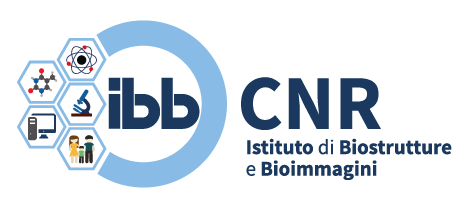Description
Hepatocellular carcinoma (HCC) is one of the leading causes of cancer mortality, with limited therapeutic options in advanced stages. A new immunotherapeutic approach for HCC lies in the discovery of specific epitopes, which are antigenic fragments capable of activating the immune system against the tumor. In this context, the study, the first of its kind, aims to evaluate whether homologues of viral antigens can enhance anti-tumor immunity, promoting future commercialization and investment in therapeutic vaccines against HCC. Specifically, the proposal aims to validate the antigens for liver cancer included in the patent application “TUMOR ANTIGENS FOR LIVER CANCER IMMUNOTHERAPY” (PCT/EP2021/058675) (Buonaguro et al.). A complete characterization of the epitopes is expected, along with the conduct of a phase I clinical trial. This will constitute the dossier for potential investors interested in exploiting the patent.
Objectives and expected results
Innovative Immunotherapy for Hepatocellular Carcinoma (HCC)
1. Hepatocellular Carcinoma (HCC)
- Problem: High mortality and limited therapeutic options in advanced stages.
- Goal: Development of new immunotherapy strategies.
2. New Immunotherapeutic Approach
- Discovery of Tumor Epitopes: Identification of specific antigenic fragments for HCC that activate the immune system.
- Homology with Viral Antigens: HCC epitopes show similarities to viral antigens, potentially able to stimulate a stronger immune response.
3. Pioneering Study
- Research Objective: Validate the anti-tumor response of T lymphocytes in the presence of homologous viral antigens.
- Clinical Phase: Conduct a phase I study to test the therapeutic vaccine.
The contribution of IBB lies in the preparation and characterization of peptides (antigens) covered by the patent. The objectives are:
- Synthesis and Purification of Peptides: Optimize solid-phase and/or microwave-assisted synthesis to obtain peptides with purity greater than 98%. Purification via RP-HPLC will ensure high-quality products for subsequent clinical studies.
- Characterization and Solubility: Confirm the identity and purity of the peptides through LC-MS and test their solubility both individually and in final mixtures. These aspects are crucial for the proper administration of peptides as drugs.
- Stability Assessment: Analyze the chemical (e.g., hydrolysis and oxidation) and physical (aggregation, precipitation) stability of the peptides under various conditions, using SEC and MS. Stability ensures that peptides remain effective and safe during treatment.
Expected results:
- High-Quality and Pure Peptides: Optimized synthesis and purification will produce peptides with the necessary specifications to ensure the effectiveness and safety of the final product.
- Stable and Soluble Formulations: Confirmation of the solubility and stability of the peptides will allow for progress in the development of pharmaceutical formulations, improving therapeutic properties and reducing the risk of undesirable side effects.
- Experimental Data for Clinical Support: Data obtained from characterization and stability evaluation will be crucial to justify the safety and efficacy of the peptides in phase I clinical studies.
Project proponents and involved entities
- Istituto Nazionale Tumori IRCCS PASCALE
- AORN Antonio Cardarelli

